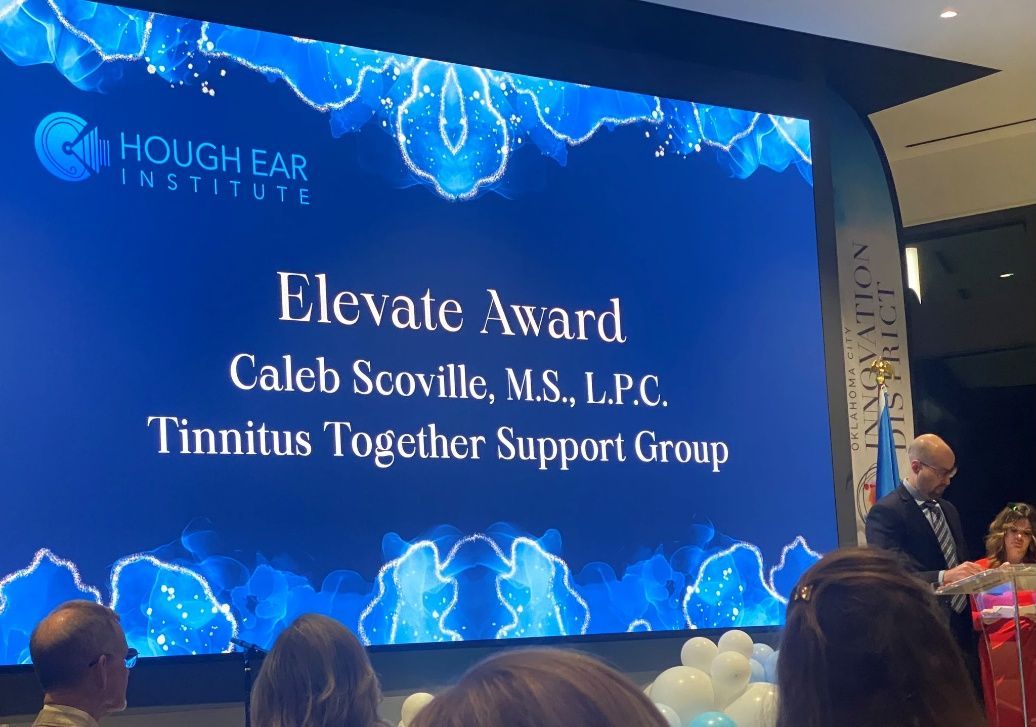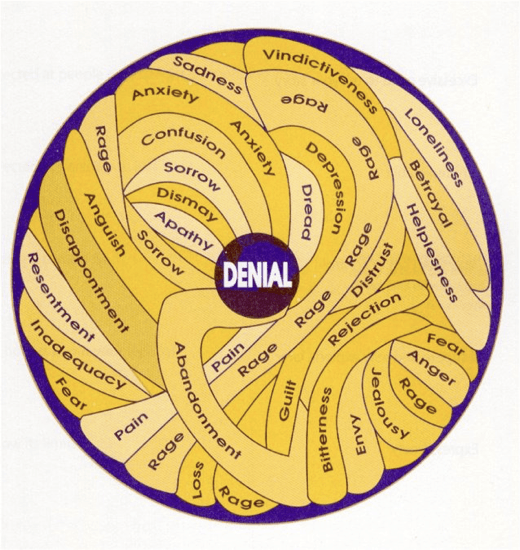The “G” Word
by Vicky Hampton, LADC, NCC, LPC
“Grief is like surfing. Sometimes you feel steady and your able to ride the waves, and other times the surf comes crashing down on you, pushing you so far under water that you’re sure you’ll drown.”
Brene’ Brown
I can remember as a young child grieving seemed foreign, scary, and secretive. It was never discussed except by the adults with adults. Never were we kids told about the feelings associated with losing a loved one or a pet, or a friend that moved away. These feelings were never explored or even validated. So, what I’ve realized after many years now is how ill prepared I was with all the emotions that come with grief.
We don’t talk about grief enough. I’ve also come to realize that grief comes in many forms. In fact, I believe that every time we experience a transition there is a loss. A loss of something – retirement from a long held job, loss of the old home place when we move, a loss of the way an old car sounded when we started it, a loss of the first pet we ever loved, a loss when our grandchildren grow up. Other conflicting emotions come with financial change, divorce, loss of trust, loss of safety, and loss of control over one’s body as we age, loss of love for God when we are angry at Him. Loss is inevitable and it’s important that we recognize these losses as grief. In fact there are 43 losses which can produce the range of emotions we call grief.
According to the Grief Recovery Method (GRM), “grief is the conflicting feelings caused by the end or change in a familiar pattern of behavior.” “Conflicting” as in the example of losing a loved one after a long illness; you feel a sense of relief that the suffering is over which is a positive feeling, however, at the same time you realize you can no longer see or touch or speak to that person and this is a painful feeling. These conflicting feelings, relief and pain, are totally normal in response to death.
I certainly can relate to the conflict I felt losing my dad to cancer. He was no longer in pain, but he was no longer around for me to present his first grandchild. I can relate it to my grandmother’s death at 83. She was not ill anymore but she wasn’t around for me to talk chickens.
The death of a loved one produces emotions that can be described as the “feeling of reaching out for someone who has always been there, only to find that when we need them one more time, he/she is no longer there” – GRM. I wanted to reach out to my dad when I needed him to teach my child how to play baseball. I yearned for him. I was disappointed, sad, angry and confused as to why he was not. I realize I had not grieved his death. I did not know how.
Grief is normal and natural. “Grief is about a broken heart, not a broken brain” – GRM. All efforts to heal the head fail because the head is the wrong tool for the job. Working through the way we feel is the key to recovery. Recovery means claiming your circumstances versus your circumstances claiming you and your happiness. More importantly recovery means “acquiring the skills that we should have been taught in childhood,” GRM. These skills allow us to deal with loss directly. I kept the loss in my head and trained my brain to distract, accept, and move on. Needless to say, this did not work.
When we are lacking in grief recovery skills over time unresolved grief becomes cumulative. It compounds – one on top of the other. Therefore no matter what the cause, recovery can become a lifelong negative impact on our ability to be happy. This discovery was crucial for me when I started therapy many years ago. I had many unresolved grief issues – all revolving around transition, loss and my lack of understanding of it all. However, when I learned to grieve I was able to resolve many compounded emotions and move to comfort, understanding, and a strong desire to pass on what I’ve learned.
One good thing is that it is never too soon or too late (in my case) to address grief. I think it’s why with my clients I discuss loss and probe what grieving looks like and means to them. It seems to be a gage to uncover what the GRM calls Short Term Energy Relieving behaviors or STERBS. STERBS look like addiction (food, alcohol, shopping, sex, gambling), isolation, anger, workaholism, self mutilization, suicide ideation, etc. These short term energy relievers represent how we automatically seek relief and they create an illusion of working to help us feel better. But as we all know, these STERBS can result in long term dissolution of well-being.
Grievers need and want to talk about their losses. Talking keeps the STERBS at bay. However, the way we talk about it is key: “Don’t cry” – means don’t feel bad. “We will get you a new dog” – means replace the loss. “Don’t feel bad, he’s in a better place” – means you must be happy. “We have to be strong for your mom” – means suck it up and don’t show your feelings. These words example how we use our brain not our hearts. We cannot intellectualize emotions. It is dangerous and counterproductive with grieving people. Cause is intellectual – reaction is emotional. Don’t use these words or phrases with someone grieving.
Grief is simply one of the toughest emotions we encounter in life. It’s individual and unique. It’s important that recovery from grief or loss is achieved by a series of small and correct action choices made by the griever. Choosing completion and recovery rather than isolation and avoidance is essential for moving through the emotional pain of grief.
Six Myths of Grief: Time heals all wounds
- Grieve alone
- Be strong
- Don’t feel bad
- Replace the loss
- Keep busy
Definitions:
Bereavement
– state of having lost a significant person through death.
Mourning
– refers to the public expressions of grief.
Acute grief
– the destressing initial response to loss during which the griever may experience shock, disbelief, anguish, sadness, fear, and separation distress.
Adaptive grief
- a period which the griever faces the reality of the loss and rebuilds his or her life.
Integrative grief
– the griever begins to assimilate the death into his or her life narrative with restorative movement toward life without the diseased.
Complicated grief
– a protracted, debilitating, sometimes life-threatening response to the death of a loved one.
Bibliography:
The Grief Recovery Handbook, John W. James & Russell Friedman.
Grief - A Tangled Ball of Emotions
H. Norman Wright (original source unknown)
Image used by permission







